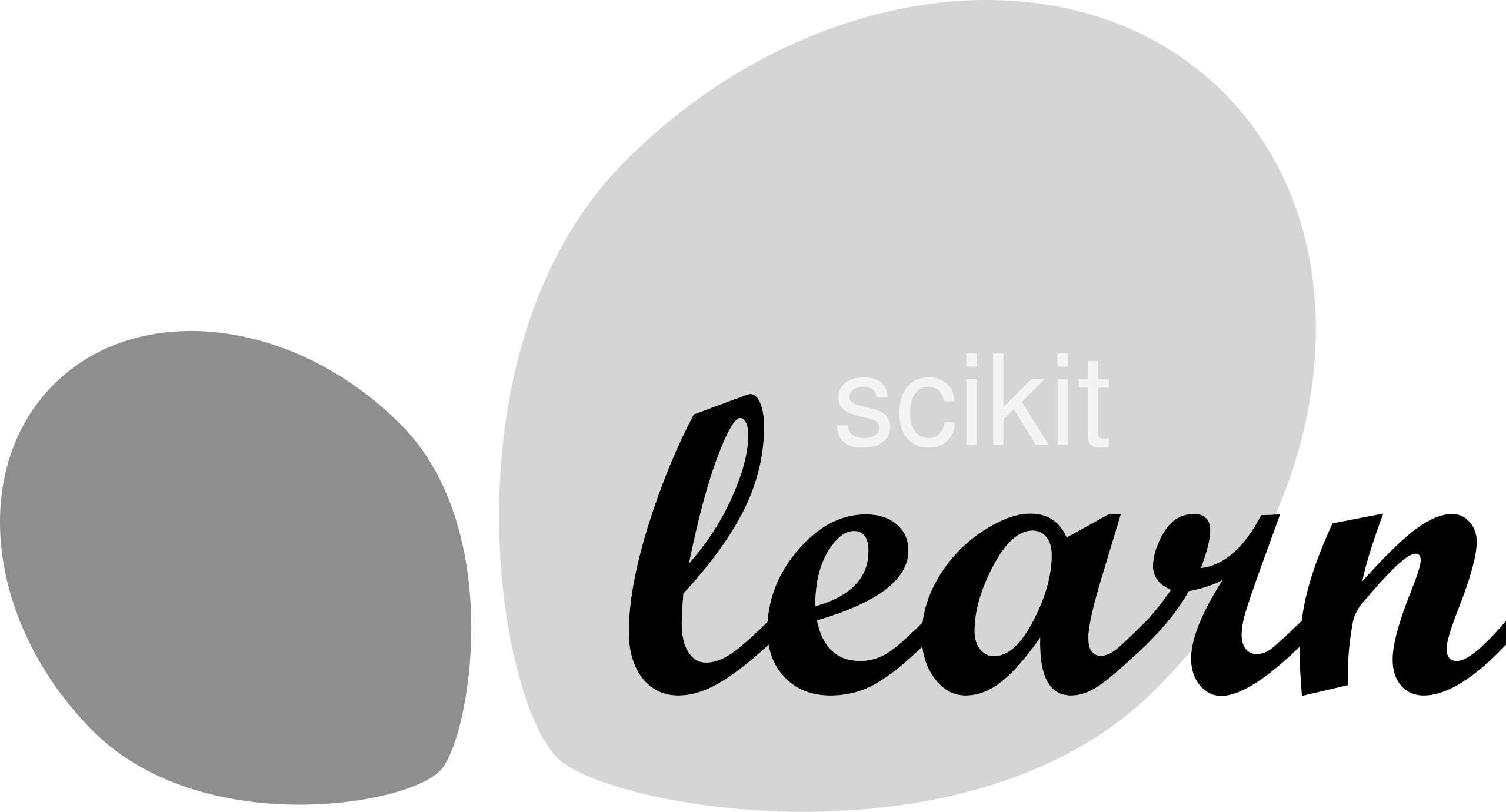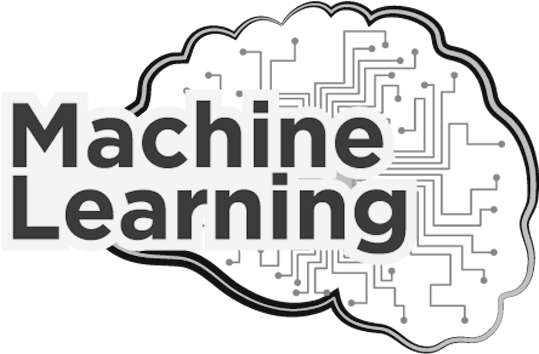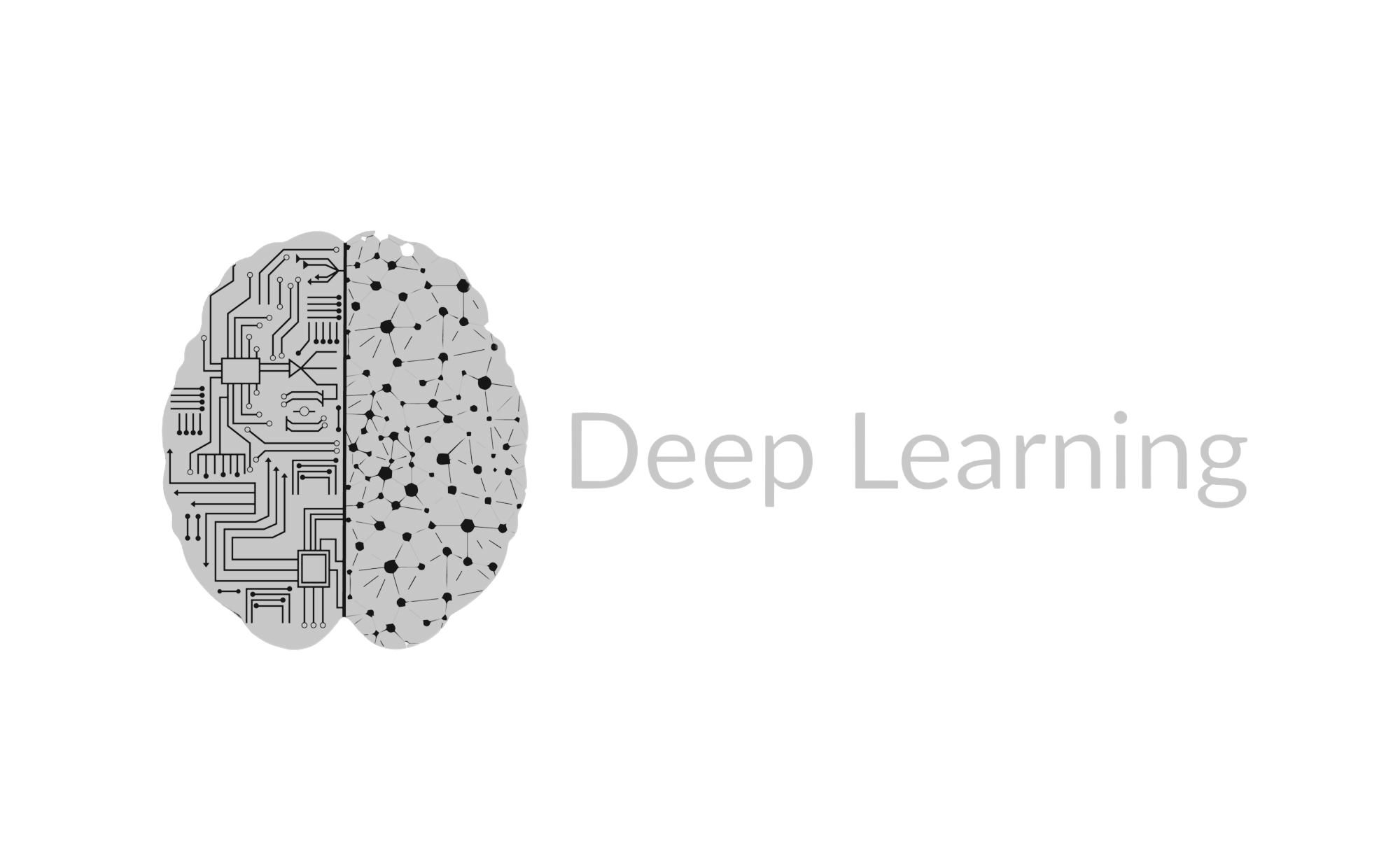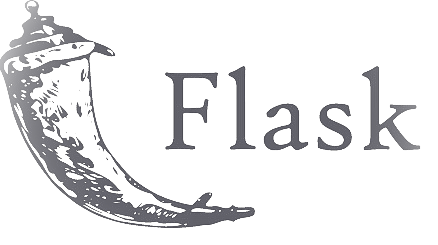Working with Hassan Javed was a fantastic experience! The QUALITY of his work exceeded expectations with exceptional attention to detail and true professionalism. He was polite, went above and beyond, and delivered everything ON TIME. Highly recommend! 👏
Hassan Javed
AI Developer and Researcher based In Pakistan (NASTP @ PAF)














